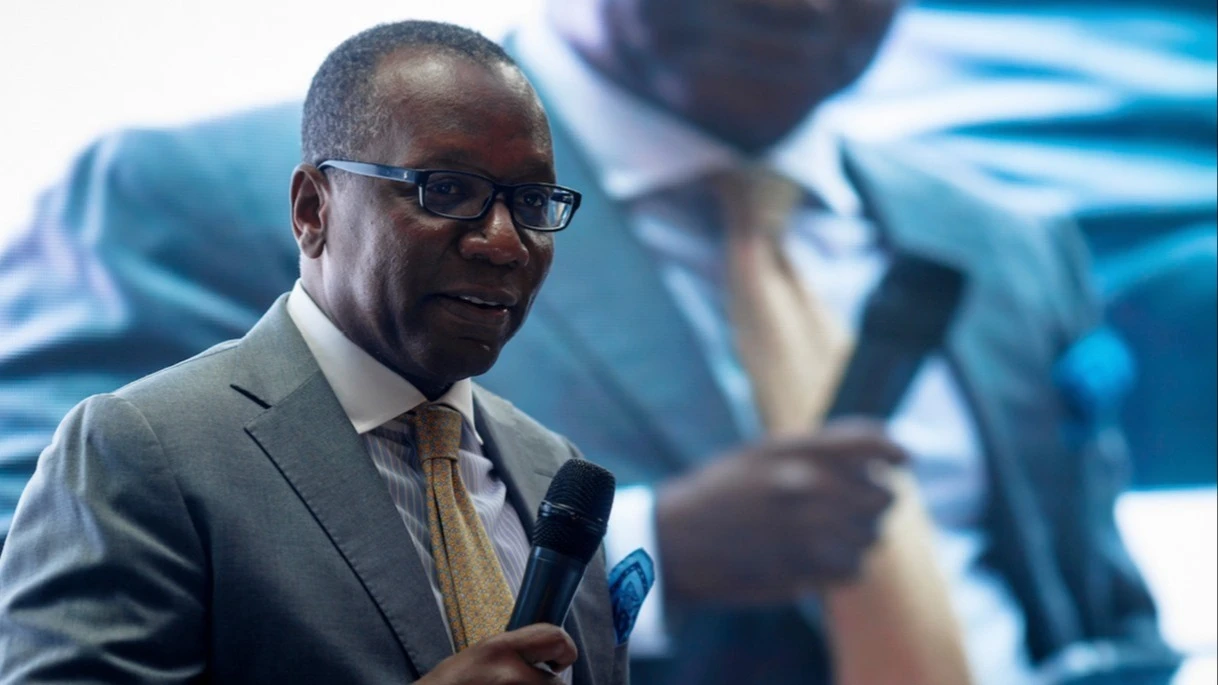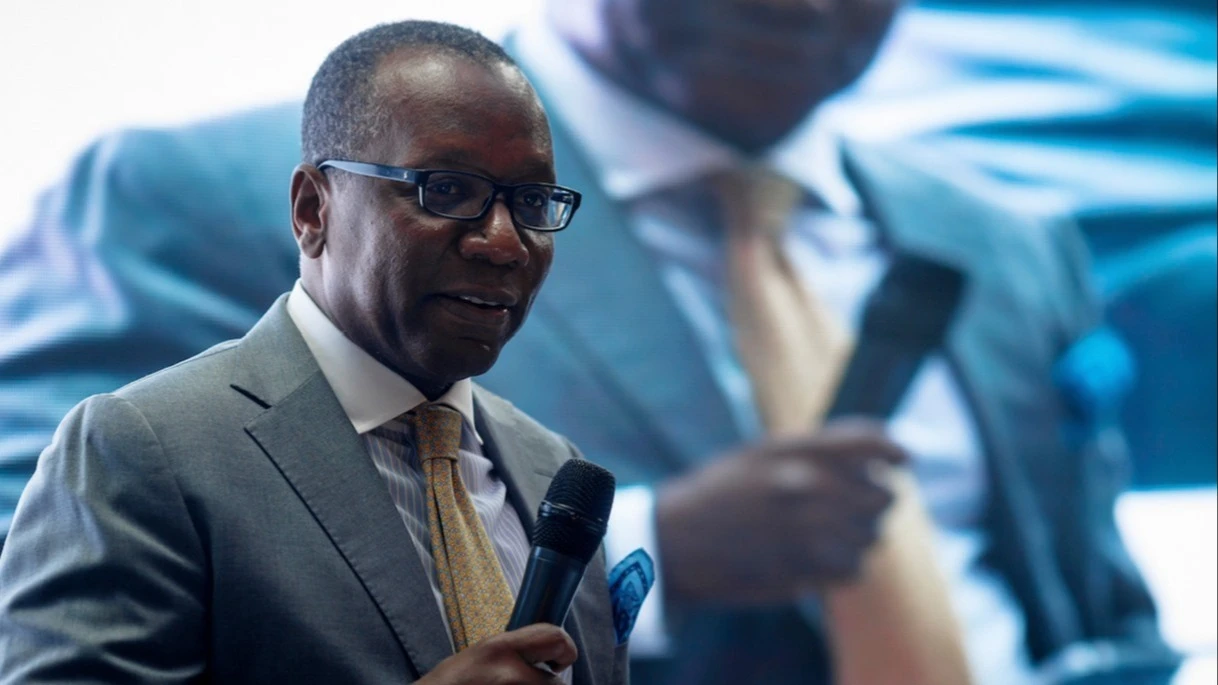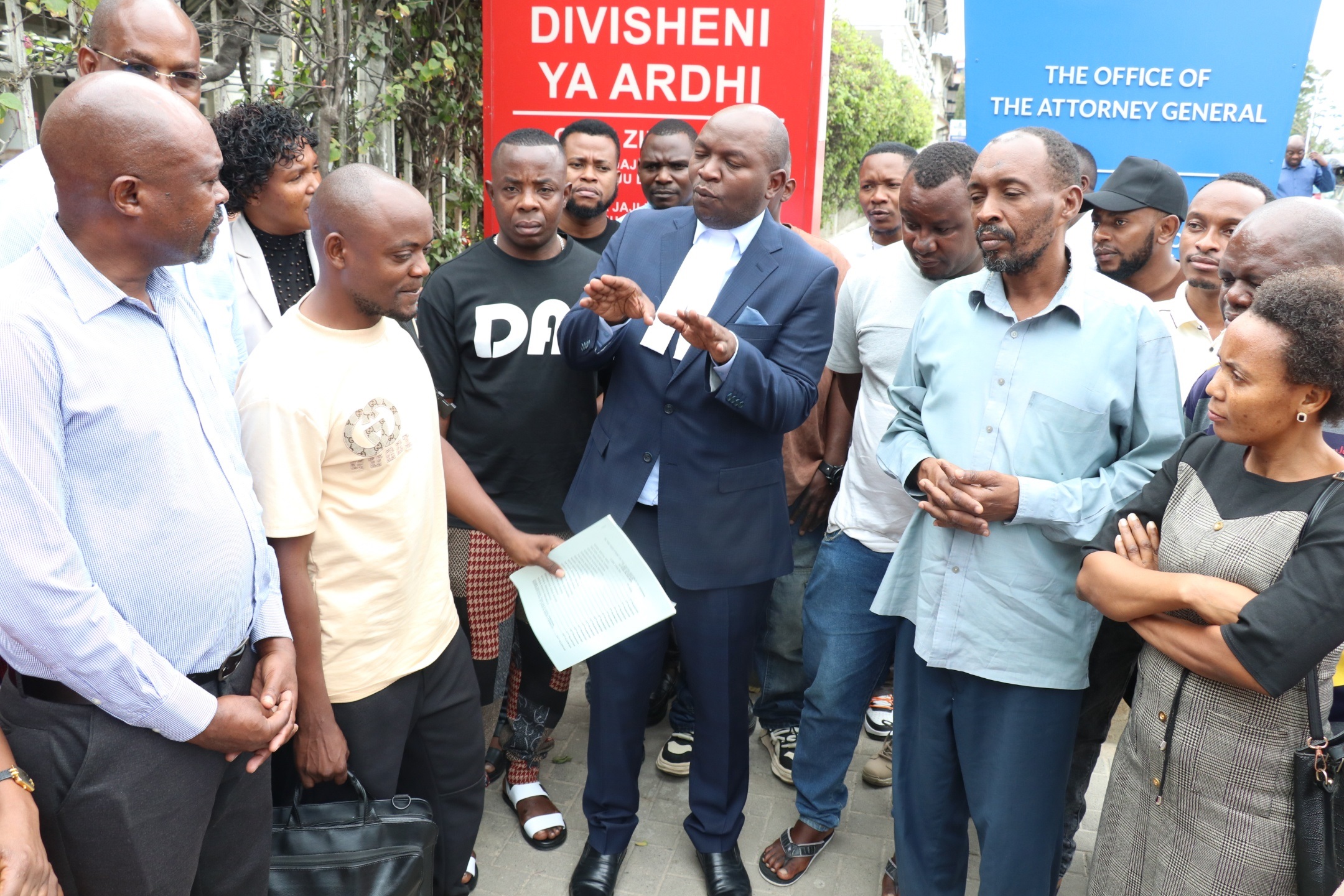Africa’s commodity strategy under spotlight at summit in London

AFRICA is forfeiting billions in potential revenue by exporting raw commodities instead of processed goods, Ghana International Bank (GHIB) warned at its flagship London forum, where central bankers, policymakers, and industry leaders unveiled strategies to transform the continent’s export model.
Hosted in the City of London from August 6–8, GHIBCONVERGE 2025 convened senior voices from across Africa and global finance under the theme: “Rethinking Commodity Finance for Growth.”
The consensus was clear — Africa must shift up the value chain to unlock sustainable, inclusive prosperity. “We are sitting on untapped billions in export revenues because we continue to export raw cocoa instead of chocolate, raw gold instead of refined bullion, and raw cashew instead of processed kernels,” said GHIB CEO Dean Adansi, urging bold reforms to drive value addition across sectors.
Despite decades of effort, just 14% of African exports are processed or value-added — a statistic that has remained stubbornly low.
Adansi outlined a transformative agenda: establishing value-addition funds, expanding structured trade finance for processing and refining infrastructure, and harmonizing trade rules under the African Continental Free Trade Area (AfCFTA) to boost regional trade in finished goods.
Forum speakers emphasized that exporting refined products — rather than raw materials — is essential for strengthening currencies, creating jobs, and building economic resilience.
Buah Saidy, Governor of the Central Bank of The Gambia, highlighted the broader macroeconomic stakes. “For too long, Africa’s commodity wealth has been exported in its rawest form, leaving value and jobs offshore. Refining at source helps us anchor our currencies and build stronger reserves,” he said.
Zakaria Mumuni, First Deputy Governor of the Bank of Ghana, underscored the strategic role of domestic gold refining. “This is about building resilience into our reserves and ensuring that Ghanaians benefit more directly from the resources we own,” he noted.
Lord Paul Boateng, GHIB board member and former UK minister, urged African countries to use their resources as leverage in global negotiations. “Critical minerals, cocoa, gold — these are not just export lines in a trade ledger. They are bargaining chips in a changing global order,” he said during a panel on Africa’s role in the energy transition.
GHIB used the forum to announce a new strategic partnership with Vista Bank, designed to expand trade finance capabilities across West Africa and support the growth of processing industries and regional value chains.
The event also spotlighted African enterprise. The inaugural Trader of the Year Award went to Edmund Poku, CEO of Niche Cocoa Industry Ltd., recognized for scaling local cocoa processing into global markets.
“Edmund represents the future we want to see — African businesses not just participating in, but leading global value chains,” Adansi said. As GHIBCONVERGE 2025 closed, Adansi called for unity across sectors to drive systemic change.
“The transformation will not be led by governments alone or by the private sector alone. It requires a coalition of committed actors who see beyond short-term margins to long-term wealth creation for Africa.”
With increasing global interest in Africa’s critical minerals, food systems, and green energy potential, the forum marked a pivotal moment — signaling that Africa's future in commodities will be shaped not by extraction, but by transformation.
Top Headlines
© 2025 IPPMEDIA.COM. ALL RIGHTS RESERVED






















